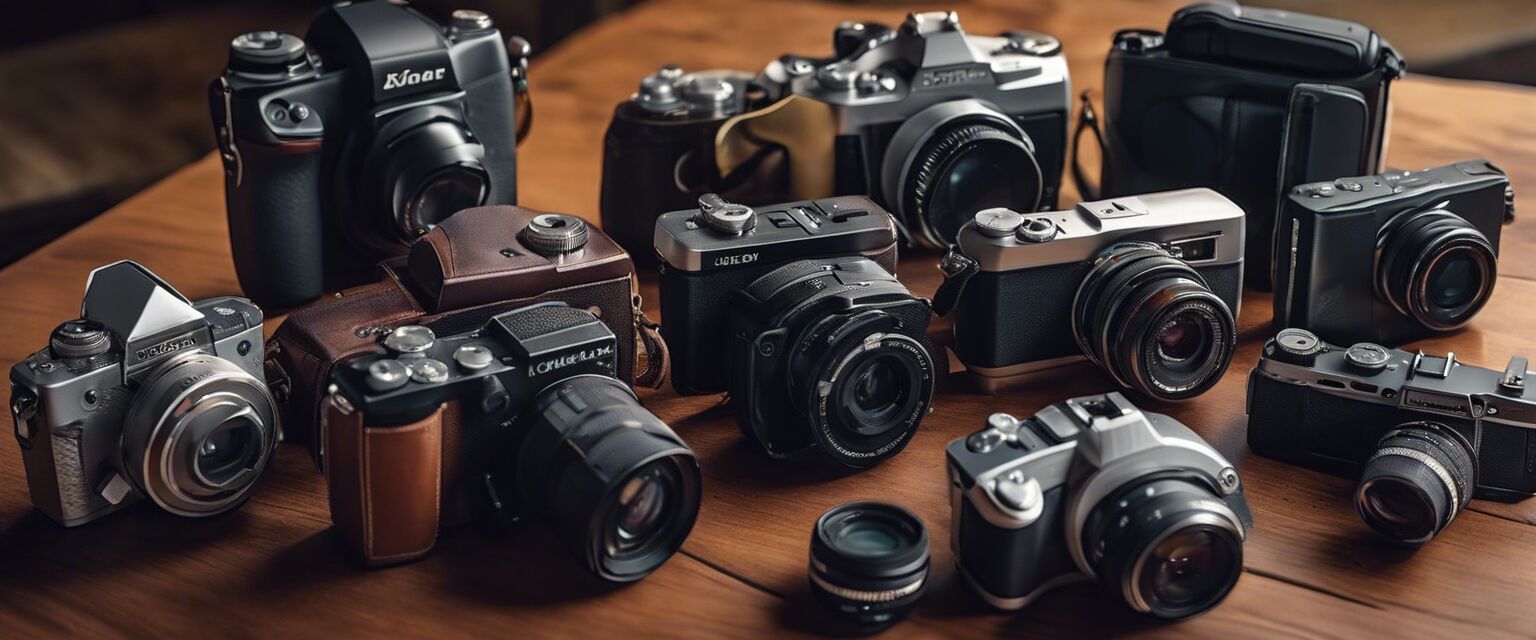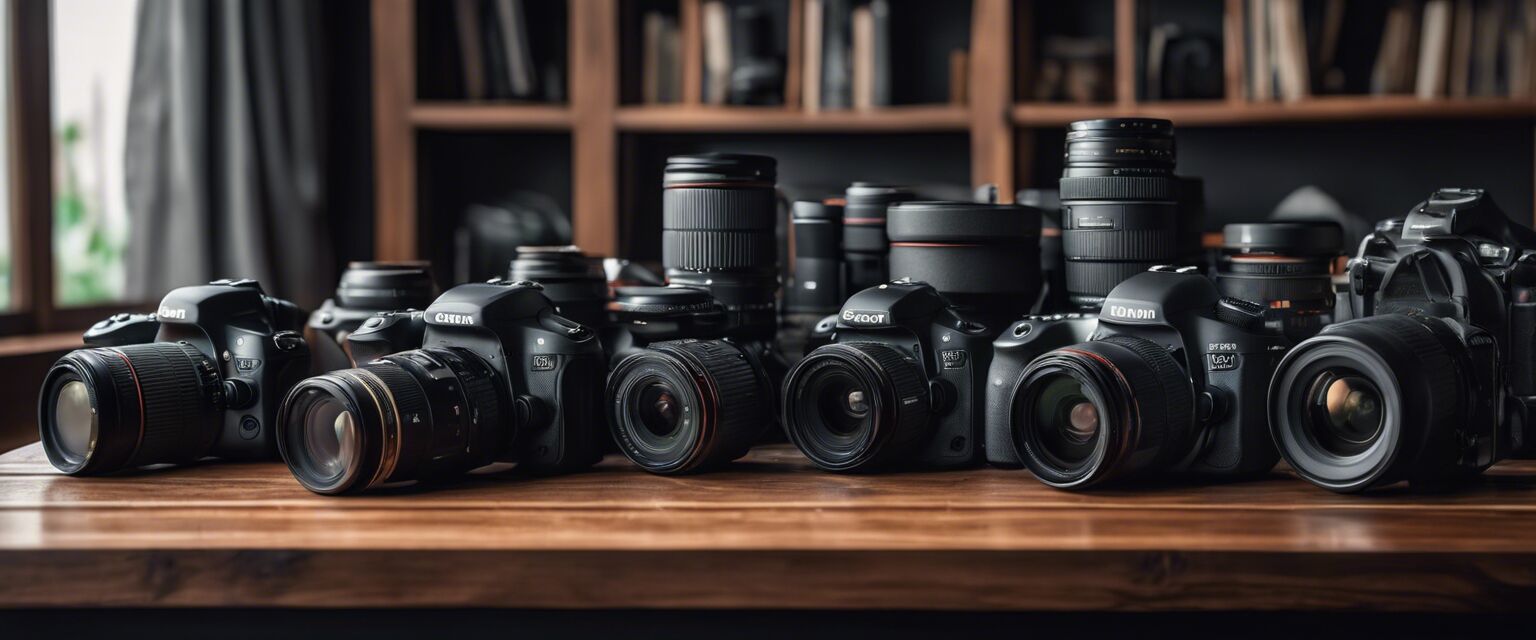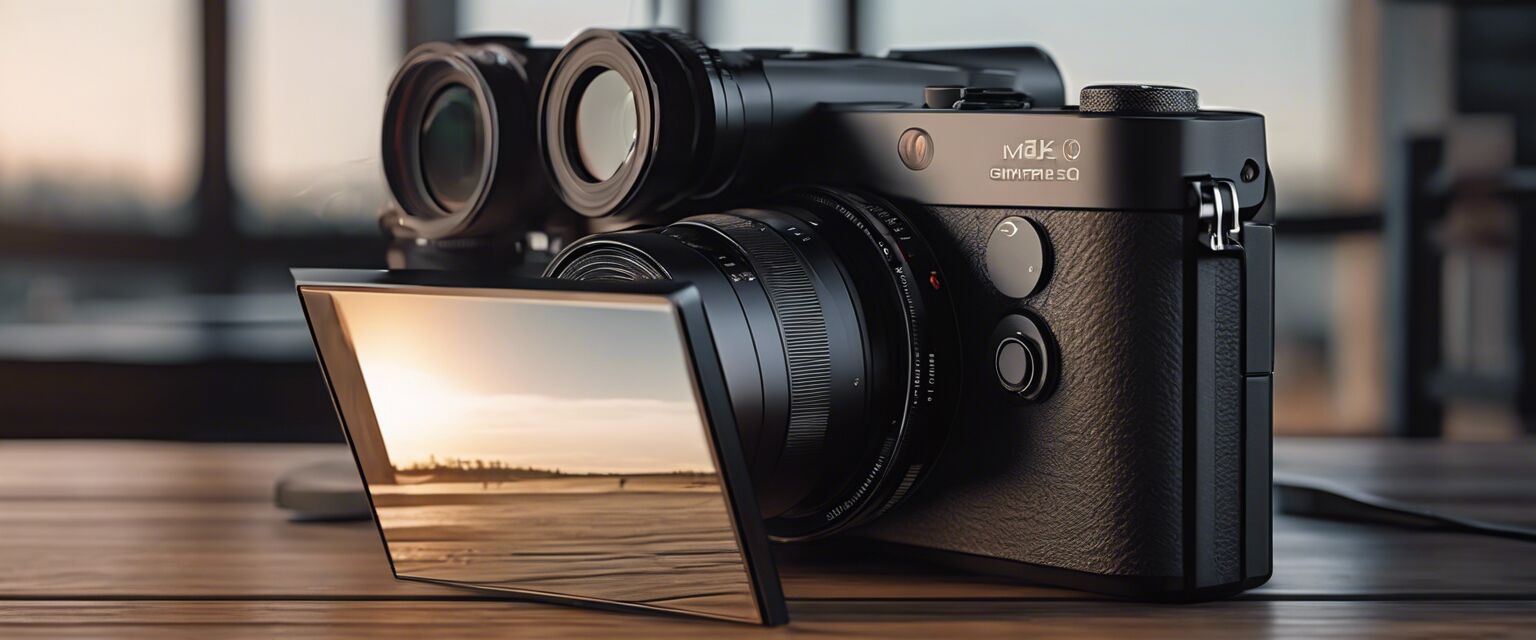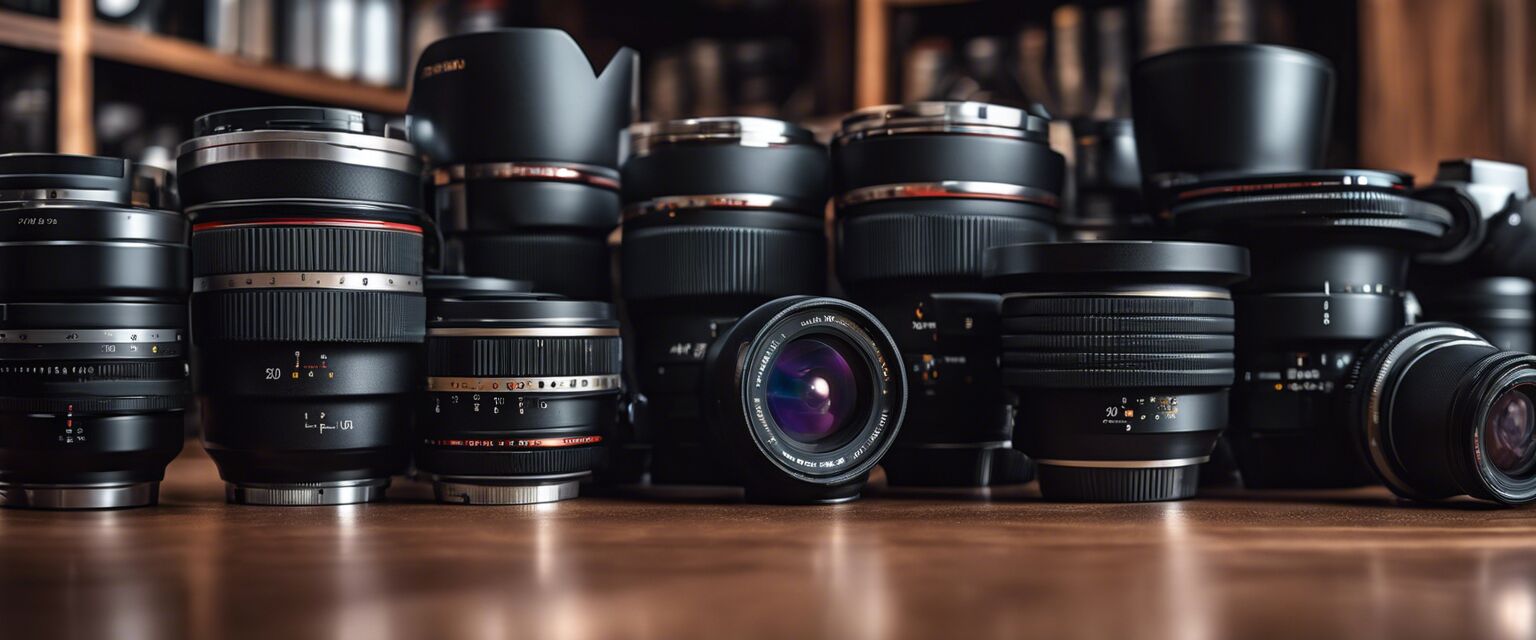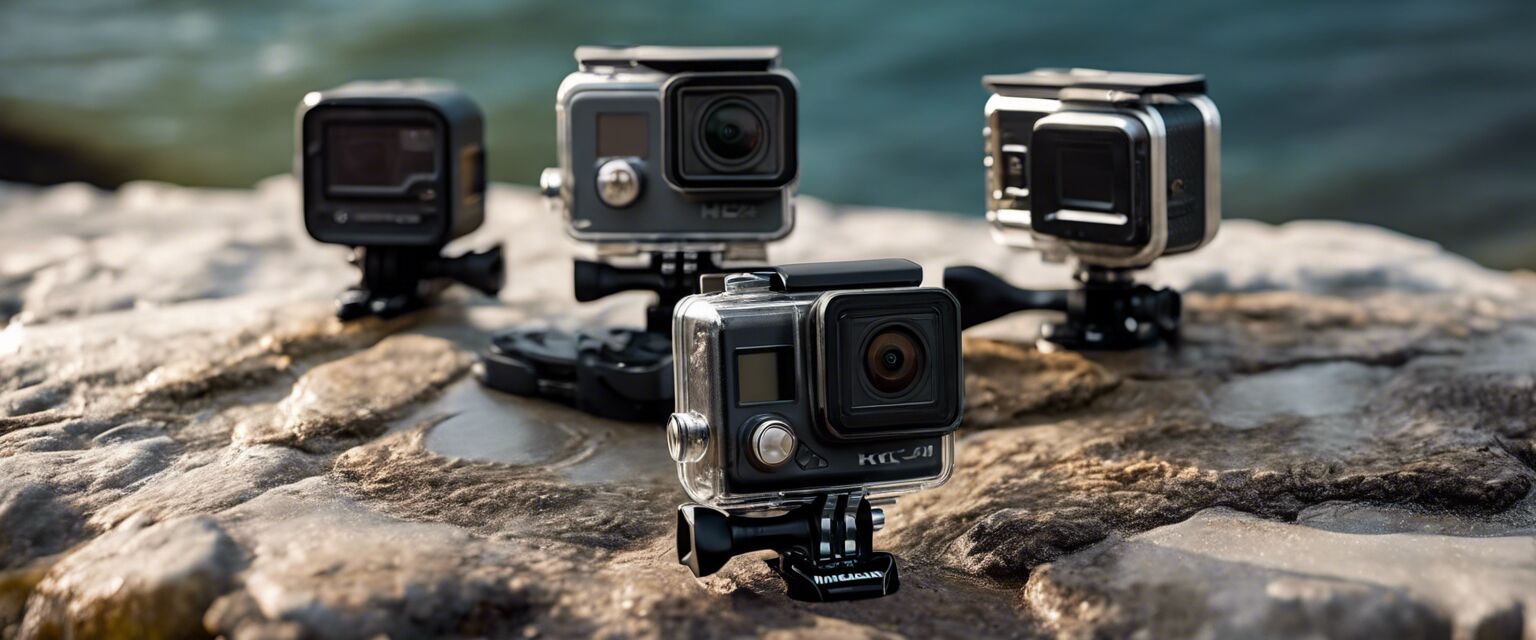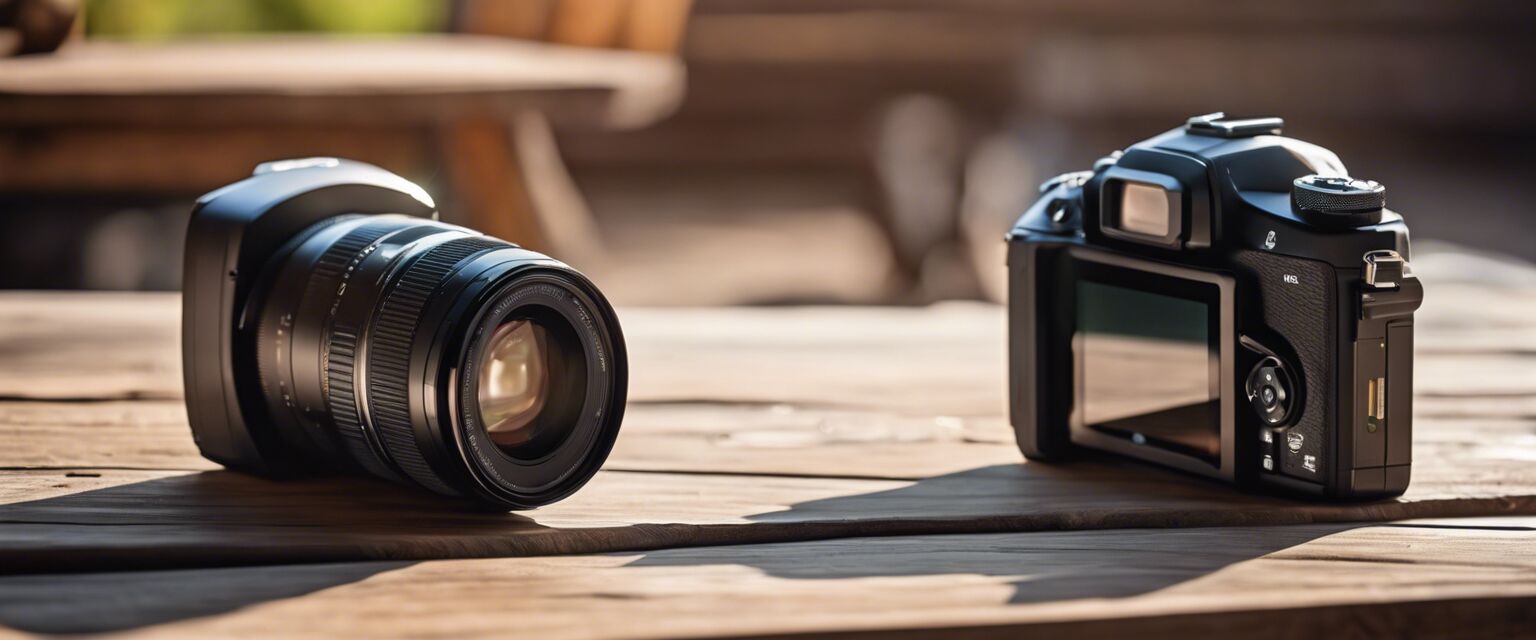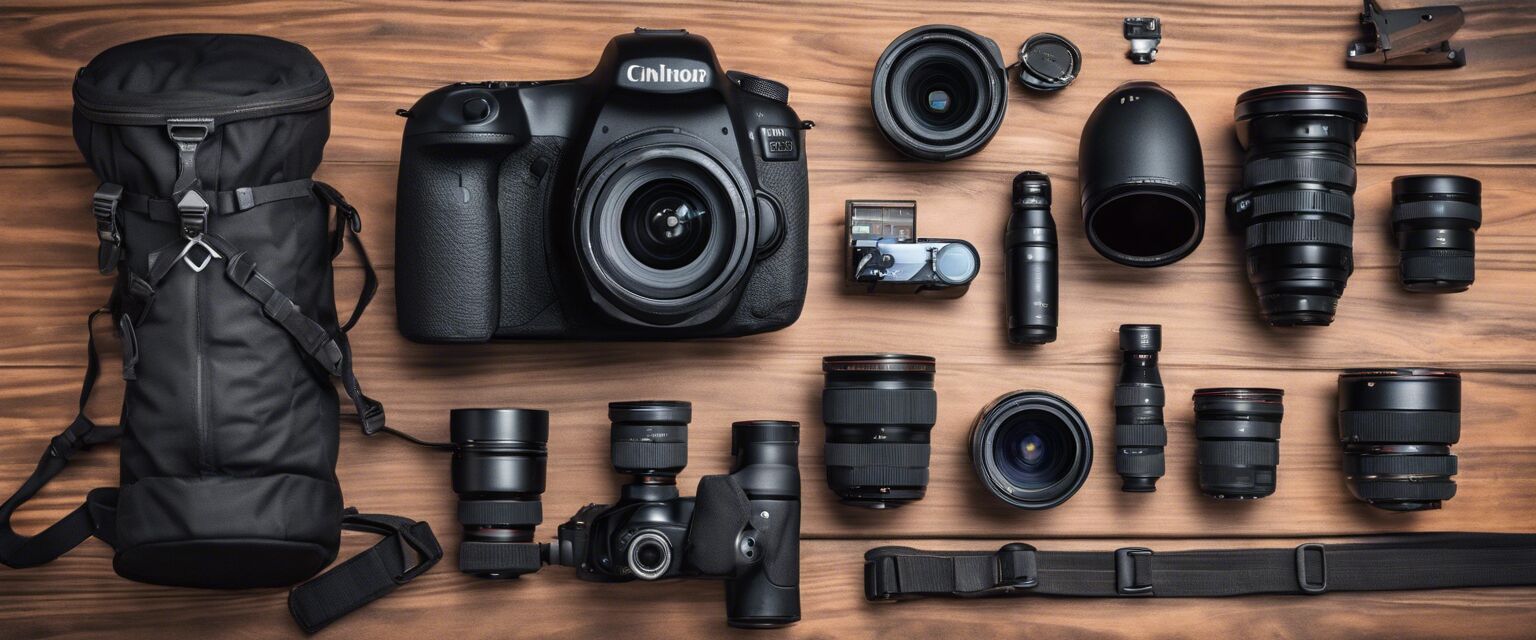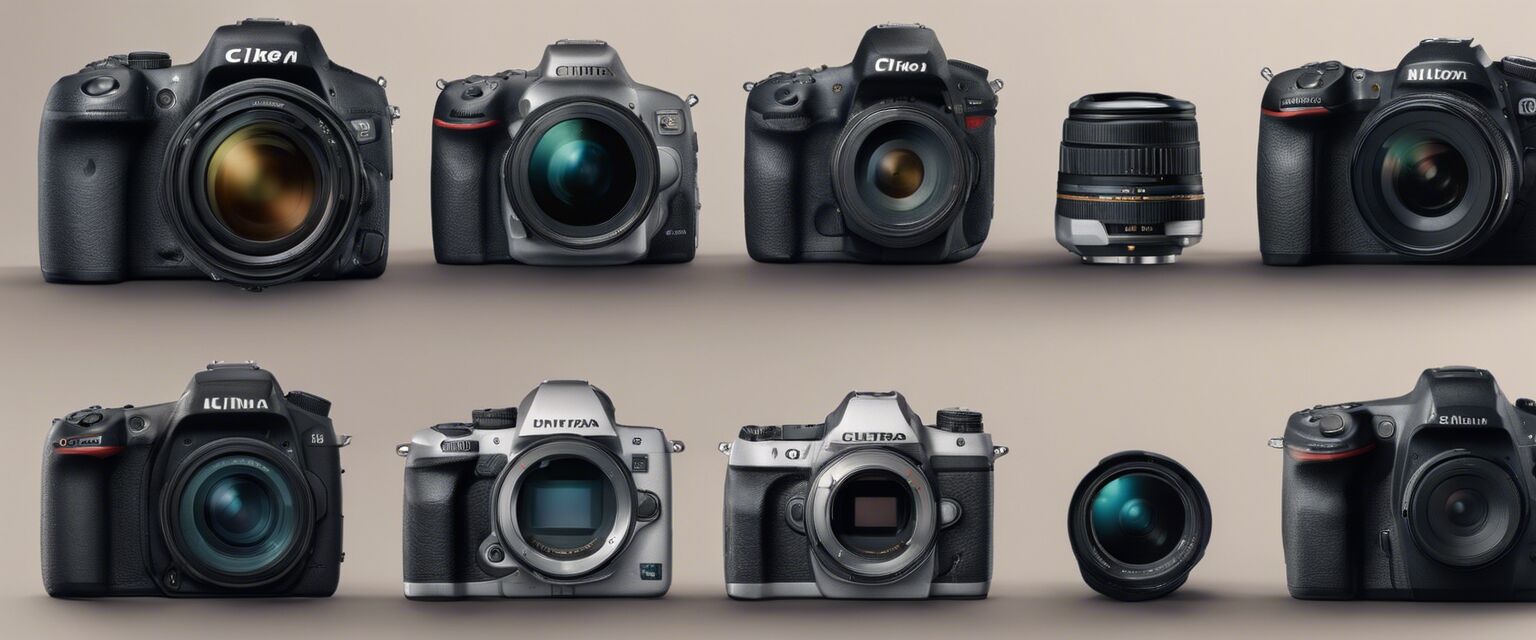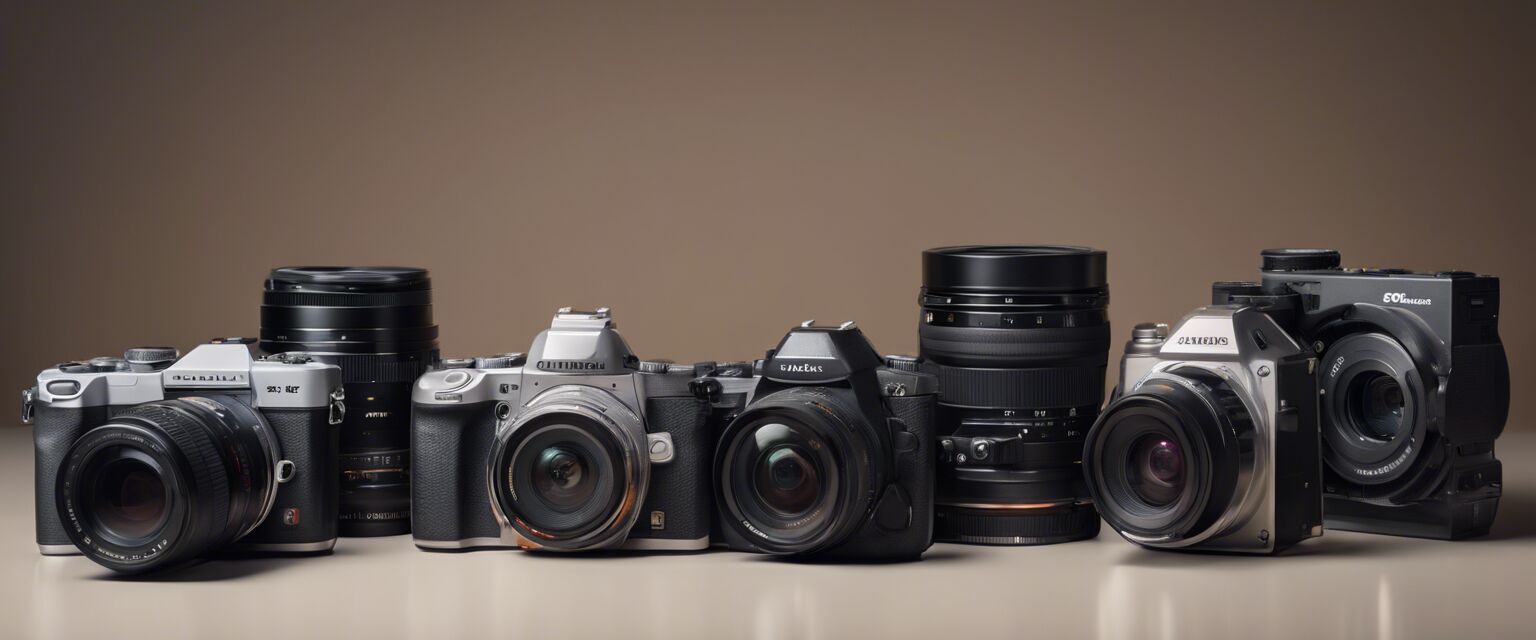
Camera Buying Guides
Key Takeaways
- Choosing the right camera depends on your needs, skill level, and budget.
- Different types of cameras such as DSLRs, mirrorless, and point-and-shoot offer unique features.
- Understanding specifications like resolution, ISO, and autofocus can guide your purchase.
- Consider additional features like video capabilities, connectivity options, and durability.
- Don’t forget accessories such as lenses, tripods, and memory cards to enhance your photography experience.
Choosing a camera can feel overwhelming with the multitude of options available today. Whether you're an amateur or a seasoned photographer, selecting a camera that suits your needs is crucial. This guide will provide you with a comprehensive look at various camera types, key specifications, and essential considerations to help you make an informed decision.
Understanding camera types
Digital cameras come in various forms, each designed for different photography needs. Here's a breakdown of the main types:
| Camera Type | Description | Best For |
|---|---|---|
| DSLR Cameras | Digital Single-Lens Reflex cameras use mirrors to allow photographers to see exactly what will be captured. | Professionals and enthusiasts who prefer extensive manual controls. |
| Mirrorless Cameras | Utilize electronic viewfinders and don’t have mirrors, making them generally lighter and more compact. | Travel and casual photography when portability is key. |
| Point-and-Shoot Cameras | Simple and compact cameras designed for easy use, requiring minimal setup. | Casual users and beginners looking for convenience. |
| 360 Cameras | Cameras that capture images in a 360-degree format, allowing immersive photography. | Adventurers and social media enthusiasts wanting to capture wide angles. |
| Instant Cameras | Cameras that develop film instantly right after capturing an image. | People who enjoy tangible photography experiences and retro styles. |
| Action Cameras | Compact, rugged cameras built to capture fast-paced moments during adventures. | Sports and adventure enthusiasts looking for durable and versatile options. |
Key specifications to consider
When searching for your ideal camera, various specifications can significantly influence your shooting experience. Here's a closer look at the most important ones:
| Specification | Importance | Considerations |
|---|---|---|
| Resolution (Megapixels) | Determines the detail captured in photos. | Higher megapixels are important if you plan to print large images. |
| ISO Range | Affects the camera’s ability to perform in low-light conditions. | A broader range allows more flexibility in different lighting. |
| Autofocus System | Essential for capturing sharp images quickly. | Advanced systems help with fast and accurate focusing. |
| Lens Compatibility | Impacts the variety of shots you can achieve. | Consider cameras that allow for interchangeable lenses. |
| Battery Life | Determines how long you can shoot before needing a recharge. | Longer battery life is beneficial for extended shoots. |
| Video Capability | Important if you plan to shoot videos as well. | Look for features like 4K resolution and frame rates. |
Accessories that enhance your photography
Alongside your camera, various accessories can elevate your photography experience. Here are some essential accessories to consider:
- Lenses: Different lenses can dramatically change your photography style.
- Tripods: Stabilize your camera for clear images, especially in low light.
- Memory Cards: Ensure you have enough storage for all your photos and videos.
- Camera Bags: Protect and organize your gear while on the go.
- External Flash: Improve lighting in challenging conditions.
Making the right choice
Your decision should align with your photography goals, skill level, and budget. Here’s a process to consider:
- Define your photography needs (landscapes, portraits, action, etc.).
- Decide on a budget range to narrow down options.
- Research camera types that best fit your needs.
- Read reviews and comparisons for specific models.
- Test cameras in-store if possible to get a feel for handling.
Where to buy your camera
Finding the best place to buy your camera can also affect your purchase experience. Here are some options:
- Local electronics stores: Often allow you to test the camera.
- Specialty camera shops: Provide expert advice and a range of options.
- Online retailers: Often have competitive prices and user reviews.
- Second-hand markets: Good for finding budget-friendly deals if you’re careful.
Final thoughts
Selecting a digital camera involves considering several factors such as your needs, specifications, and camera type. Take your time to research and choose wisely to ensure you capture moments beautifully.
Pros
- Wide variety of options to fit different needs.
- Advanced technology available for superior image quality.
- Portability options for on-the-go photography.
- Enhances creative expression through manual settings.
- Access to numerous accessories for a personalized experience.
Cons
- Can be expensive, especially for high-end models.
- Complex features can be overwhelming for beginners.
- Some models require additional investment in lenses and accessories.
- Weight varies, with some cameras being bulkier than others.
- Technology changes fast, making some models seem outdated quickly.
Additional resources
For more information, check out our detailed articles on specific camera categories:
- DSLR Cameras - Explore the world of digital single-lens reflex cameras.
- Mirrorless Cameras - Discover the benefits of mirrorless technology.
- Action Cameras - Perfect for capturing thrilling adventures.
- Point-and-Shoot Cameras - Ideal for quick and easy snapshots.
- Instant Cameras - Enjoy the fun of instant photography.
Conclusion
Choosing the right camera involves considering many variables, such as your needs, specifications, types, and additional accessories. With the right camera, you'll be well on your way to capturing beautiful moments, whether you’re a professional or just starting out.
